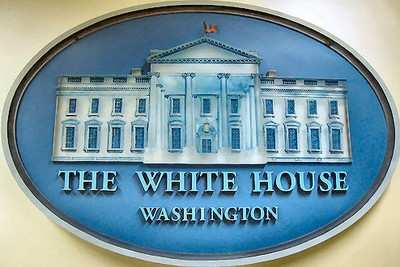Fri, Mar 15, 2024
Advertisement
More News
 ANN's Daily Aero-Term (10.12.25): High Speed Taxiway
ANN's Daily Aero-Term (10.12.25): High Speed Taxiway
High Speed Taxiway A long radius taxiway designed and provided with lighting or marking to define the path of aircraft, traveling at high speed (up to 60 knots), from the runway ce>[...]
 Aero-News: Quote of the Day (10.12.25)
Aero-News: Quote of the Day (10.12.25)
“If we have a continual small subset of controllers that don’t show up to work… they’re the problem children... We need more controllers, but we need the b>[...]
 Classic Aero-TV: PBY Catalina-From Wartime to Double Sunrises to the Long Sunset
Classic Aero-TV: PBY Catalina-From Wartime to Double Sunrises to the Long Sunset
From 2022 (YouTube Edition): Before They’re All Gone... Humankind has been messing about in airplanes for almost 120-years. In that time, thousands of aircraft representing i>[...]
 ANN's Daily Aero-Linx (10.12.25)
ANN's Daily Aero-Linx (10.12.25)
Aero Linx: National Agricultural Aviation Association (NAAA) NAAA provides networking, educational, government relations, public relations, recruiting and informational services to>[...]
 Airborne 10.06.25: FAA Furloughs, Airshows Hit By Shutdown, Livestream Accident
Airborne 10.06.25: FAA Furloughs, Airshows Hit By Shutdown, Livestream Accident
Also: Pilot Age Cap, Skylar AI Flight Assistant, NS-36 Mission, ALPA v Shutdown The federal government has officially gone into lockdown mode. The FAA will be laying off around a f>[...]
blog comments powered by Disqus





